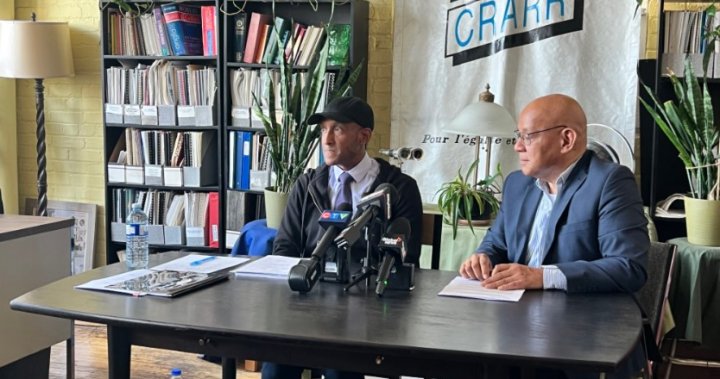I’ve spent the afternoon speaking with the Charbonneau family, who shared their story of grief turned to shock when they discovered their mother had been cremated against her explicit wishes. What was meant to be a traditional Catholic burial became an irreversible error that has left this Montreal family devastated and seeking justice.
When Marie-Claire Charbonneau passed away last November at 87, her children thought they had clearly communicated her final wishes to the funeral home they trusted. “My mother was very traditional,” explains Jean Charbonneau, her eldest son. “She had planned everything, even purchased a burial plot next to our father years ago.”
Instead, when family members arrived to pay their final respects, they were presented with an urn. The funeral home, which cannot be named due to ongoing legal proceedings, had cremated Madame Charbonneau’s remains – a practice explicitly forbidden in traditional Catholic burial rites she had requested.
“C’était un choc total,” says daughter Louise Charbonneau, slipping into French as emotions overwhelm her. “We stood there frozen. How do you process something so permanent that was never supposed to happen?”
The family filed a lawsuit last week in Quebec Superior Court, seeking damages for emotional distress and violation of religious freedom. Their lawyer, Maître Sophie Tremblay with Droit Familial Montréal, tells me this case highlights concerning gaps in funeral service protocols.
“This isn’t just about compensation,” Tremblay explains. “It’s about accountability and ensuring other families don’t experience this kind of irreversible error.”
According to Quebec’s Funeral Operations Act, funeral homes must obtain explicit written authorization before proceeding with cremation. The Charbonneau family maintains no such authorization was ever provided.
The funeral home has declined to comment directly on the case but issued a statement acknowledging “a serious administrative error” and expressing “profound regrets” to the family.
For Montreal’s sizable Catholic community, this case touches on deeply held beliefs. Father Martin Lavoie of Notre-Dame-de-Grâce parish explains that while the Church modified its position on cremation in 1963, many traditional Catholics still consider burial the proper form of final disposition.
“For many of our older parishioners especially, burial represents their understanding of resurrection and respect for the body as a temple,” Father Lavoie says. “When these wishes are disregarded, it causes spiritual distress beyond the already difficult grieving process.”
This case isn’t isolated. The Funeral Service Association of Canada reports that mix-ups in funeral services, while uncommon, create particularly traumatic situations for families. Denis Desrochers, a funeral industry consultant, suggests increased training and verification protocols could prevent such errors.
“Most funeral homes operate with utmost professionalism,” Desrochers notes. “But when mistakes happen in this industry, they simply cannot be undone.”
The lawsuit has sparked conversation about cultural and religious sensitivity in Montreal’s diverse funeral service industry. Yvette Saliba, who teaches ethics at Université de Montréal’s thanatology program, believes funeral homes must strengthen their cultural competency training.
“Montreal’s diversity means funeral directors encounter various religious traditions daily,” Saliba explains. “Understanding these deeply held beliefs isn’t optional – it’s essential to providing dignified service.”
For the Charbonneau family, legal action feels like their only recourse, though they acknowledge nothing can truly remedy what happened. “We’re not looking to punish anyone,” Jean tells me as we finish our conversation. “We just want accountability and to ensure no other family goes through this.”
As I left the family’s Rosemont home, Louise handed me a photo of her mother – smiling broadly at her 80th birthday celebration. “Remember her as she lived,” she said quietly, “full of joy and dignity.”
The court is expected to hear the case later this year, and many in Montreal’s funeral industry are watching closely. Whatever the outcome, the Charbonneau family hopes their painful experience might lead to better protections for families during their most vulnerable moments.







